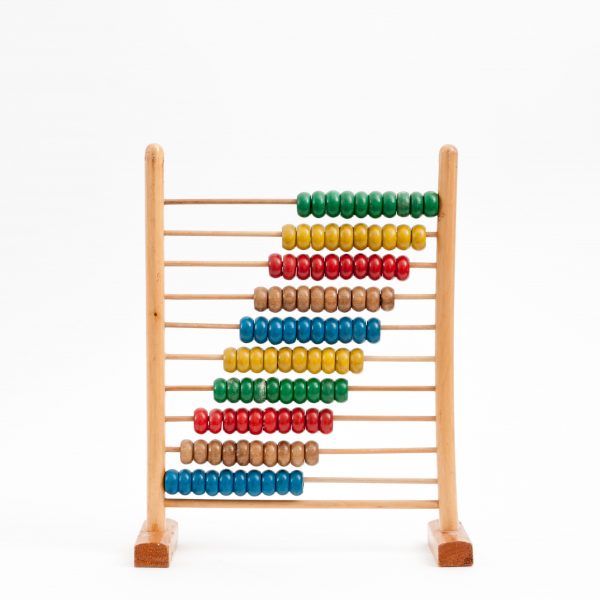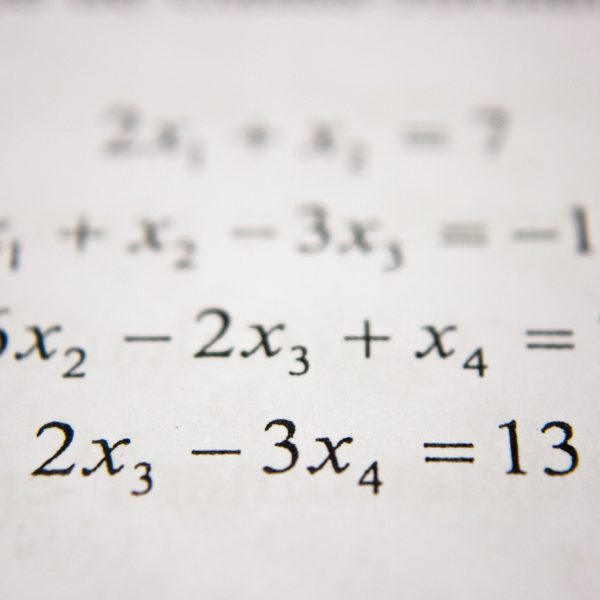You can count on babies to work out quantity before they can talk, researchers say

Babies who are years away from being able to verbalise one, two or three already have a sense of what those words mean, researchers in the United States have discovered, showing that babies who hear counting realise it’s about quantity far earlier than previously thought.
Scientists from Johns Hopkins University said their work supports the view of babies as rich, competent and capable learners, with a sophisticated understanding of the world.
“They’re already trying to make sense of what adults around them are saying, and that includes this domain of counting and numbers,” said senior author Lisa Feigenson, a cognitive scientist at Johns Hopkins who specialises in the development of numerical ability in children.
The findings have been published in Developmental Science, and contest previously held beliefs that most children don’t understand the full meaning of number words until they’re about four years old.
The research, Ms Feigenson said, stemmed from the research groups surprise at these findings, considering how much counting young children are exposed to. “We buy counting books for babies and we count aloud with toddlers. All of that raises the question: Are kids really clueless about what counting means until they’re in the preschool years?” she asked.
Ms Feigenson and first author Jenny Wang, a former graduate student at Johns Hopkins who is slated to become an assistant professor at Rutgers University, worked with 14 and 18-month-old infants. The babies watched as toys, little dogs or cars, were hidden in a box that they couldn’t see inside, but could reach into.
Sometimes the researchers counted each toy aloud as they dropped them into the box, saying, “Look! One, two, three, four – four dogs!” Other times the researchers simply dropped each toy into the box, saying, “This, this, this and this – these dogs.”
Without counting, the babies had a hard time remembering that the box held four things. They tended to become distracted after the researchers pulled just one out – as if there was nothing else to see. But when the toys were counted, the babies clearly expected more than one to be pulled from the box. They didn’t remember the exact number, but they did remember the approximate number.
“When we counted the toys for the babies before we hid them, the babies were much better at remembering how many toys there were,” Ms Wang said.
“As a researcher these results were really surprising. Our results are the first to show that very young infants have a sense that when other people are counting it is tied to the rough dimension of quantity in the world.”
The team is now conducting several follow-up studies, trying to determine if early counting practice leads to later number skills land if English-speaking babies react to counting in a foreign language.
To view the findings, please see here.
Popular

Policy
Practice
Provider
Quality
Research
Workforce
Beyond the headlines: celebrating educators and the power of positive relationships in early learning
2025-07-07 10:00:24
by Fiona Alston

Workforce
Policy
Quality
Practice
Provider
Research
ECEC must change now, our children can’t wait for another inquiry
2025-07-02 07:47:14
by Fiona Alston

Workforce
Quality
Practice
Provider
Research
Beyond the finish line: Championing child protection one marathon at a time
2025-07-08 09:15:32
by Fiona Alston













